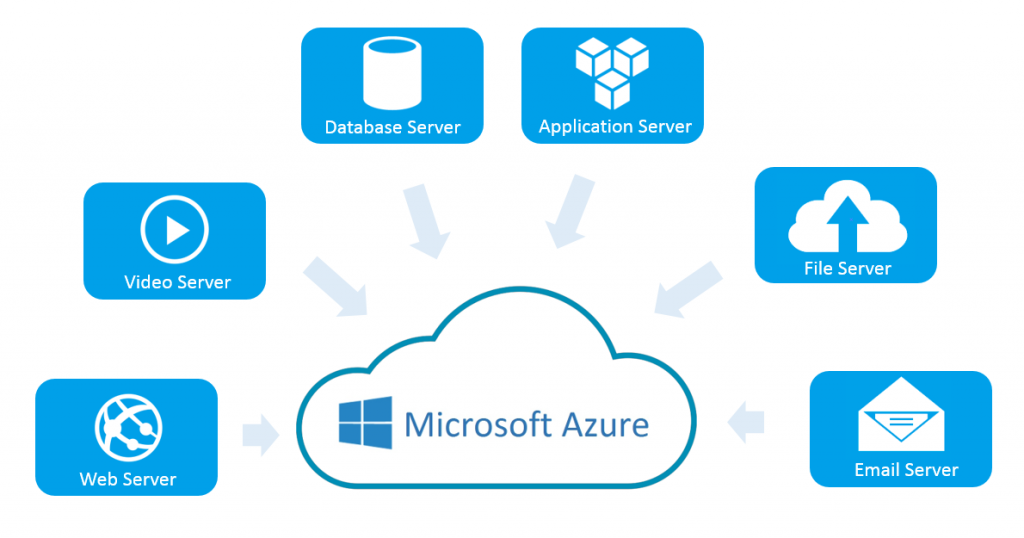
In today’s fast-paced digital ecosystem, efficiency and automation are critical to achieving business success. Organizations worldwide are embracing DevOps practices to enhance collaboration between development and operations teams, streamline workflows, and deliver high-quality software faster. At the forefront of this transformation is Azure DevOps Services, a comprehensive suite offered by Microsoft to support the entire software development lifecycle.
This blog explores Azure DevOps Services, how it transforms business operations, the tools it offers, and how it compares to traditional application lifecycle management solutions. We’ll also touch on the role of DevOps Service Providers and how Application Support Services complement your DevOps strategy.
What is Azure DevOps?
Understanding Azure DevOps Services
Azure DevOps Services is a cloud-based platform that provides a set of development tools for software development teams. Designed to support continuous integration and continuous delivery (CI/CD), it enables developers and IT professionals to plan smarter, collaborate more effectively, and ship faster.
Originally introduced as Visual Studio Team Services (VSTS), Azure DevOps was rebranded and revamped to better align with the modern DevOps culture. It supports a variety of languages, frameworks, and platforms, making it an adaptable solution for diverse development environments.
Azure DevOps Tools
Azure Boards
A robust tool for work tracking, Azure Boards helps teams plan, track, and discuss work across the development lifecycle. It supports Kanban boards, backlogs, team dashboards, and custom reporting.
Azure Repos
A cloud-hosted set of Git repositories that provide version control to manage your code. Azure Repos facilitates collaboration among team members with pull requests and code reviews.
Azure Pipelines
Azure Pipelines support building, testing, and deploying applications to any platform. It offers native support for CI/CD and integrates with major third-party services and cloud platforms.
Azure Test Plans
An integrated solution for managing tests and capturing data about defects. Azure Test Plans help teams ensure application quality through manual and exploratory testing.
Azure Artifacts
Azure Artifacts provides integrated package management with support for Maven, npm, NuGet, and Python packages. It helps manage dependencies efficiently and securely.
How Does Azure DevOps Help Businesses?
Enhanced Collaboration
Azure DevOps fosters seamless communication between development and operations teams, enabling a smoother and more efficient workflow.
Increased Deployment Speed
With CI/CD pipelines, teams can deploy code changes faster and more frequently, reducing time to market and enabling quicker response to market demands.
Improved Quality Assurance
Built-in testing and feedback loops allow for continuous monitoring and quick resolution of issues, ensuring higher software quality.
Scalability and Flexibility
Being cloud-based, Azure DevOps scales with your organization. It supports hybrid environments and integrates easily with on-premises tools.
Integration with Existing Tools
Azure DevOps integrates with popular IDEs like Visual Studio and Eclipse and supports third-party tools such as Jenkins and GitHub.
Why Choose DevOps Solutions Over Traditional ALM?
Shift from Siloed to Collaborative Workflows
Traditional ALM tools often lead to siloed teams. DevOps solutions like Azure DevOps Services break down these barriers, fostering cross-functional collaboration.
Faster Delivery Cycles
DevOps promotes automation and continuous delivery, significantly reducing the time it takes to move from development to deployment.
Real-time Monitoring and Feedback
Unlike traditional models that rely on end-phase testing, DevOps encourages ongoing feedback and monitoring for early issue detection.
Alignment with Agile Practices
Azure DevOps aligns well with Agile methodologies, supporting iterative development and rapid innovation cycles.
Role of DevOps Service Providers
DevOps Service Providers play a crucial role in helping businesses implement and manage DevOps solutions. They bring industry expertise, best practices, and tailored strategies to ensure successful adoption of tools like Azure DevOps Services.
What Do DevOps Service Providers Offer?
- Assessment and strategy development
- Implementation and integration of DevOps tools
- Continuous monitoring and support
- Customized training for teams
By leveraging the services of experienced DevOps Service Providers, organizations can avoid common pitfalls and accelerate their DevOps journey.
The Importance of Application Support Services
In the post-deployment phase, Application Support Services ensure that applications run smoothly, securely, and efficiently. These services are a vital complement to Azure DevOps Services, providing:
- Incident and problem management
- Performance tuning
- Ongoing maintenance and updates
- User support and training
Together, DevOps Service Providers and Application Support Services create a holistic environment that promotes sustainability, scalability, and reliability of business applications.
Key Pointers to Remember
- Azure DevOps Services support end-to-end application development and delivery.
- Tools such as Azure Boards, Repos, Pipelines, and Artifacts enhance team collaboration and efficiency.
- DevOps practices lead to faster, more reliable, and higher-quality software delivery.
- DevOps Service Providers bring valuable expertise to streamline DevOps implementation.
- Application Support Services play a critical role in ensuring the long-term success of software applications.
Conclusion
As businesses continue to demand faster and more reliable software delivery, Azure DevOps Services emerge as a powerful solution to meet these needs. With its integrated tools and emphasis on collaboration, Azure DevOps helps bridge the gap between development and operations.
By partnering with experienced DevOps Service Providers and investing in robust Application Support Services, organizations can enhance agility, reduce downtime, and ensure continuous improvement in their software development lifecycle.
FAQs
What are Azure DevOps Services used for?
Azure DevOps Services are used to manage the entire application lifecycle, from planning and development to testing and deployment, with built-in CI/CD pipelines and collaboration tools.
Can I use Azure DevOps for non-Microsoft technologies?
Yes, Azure DevOps supports a wide range of technologies including Java, Node.js, Python, and more. It also integrates well with third-party tools.
How do DevOps Service Providers help businesses?
DevOps Service Providers assist in the adoption, implementation, and management of DevOps practices. They offer consulting, configuration, and continuous support services.
What is the difference between Azure DevOps and traditional ALM tools?
Traditional ALM tools often lack integration and automation. Azure DevOps combines development, operations, and testing tools in a unified platform to support agile and DevOps practices.
Why is Application Support important after deployment?
Application Support Services help ensure stability, performance, and user satisfaction post-deployment. They handle bug fixes, performance issues, and system updates efficiently.